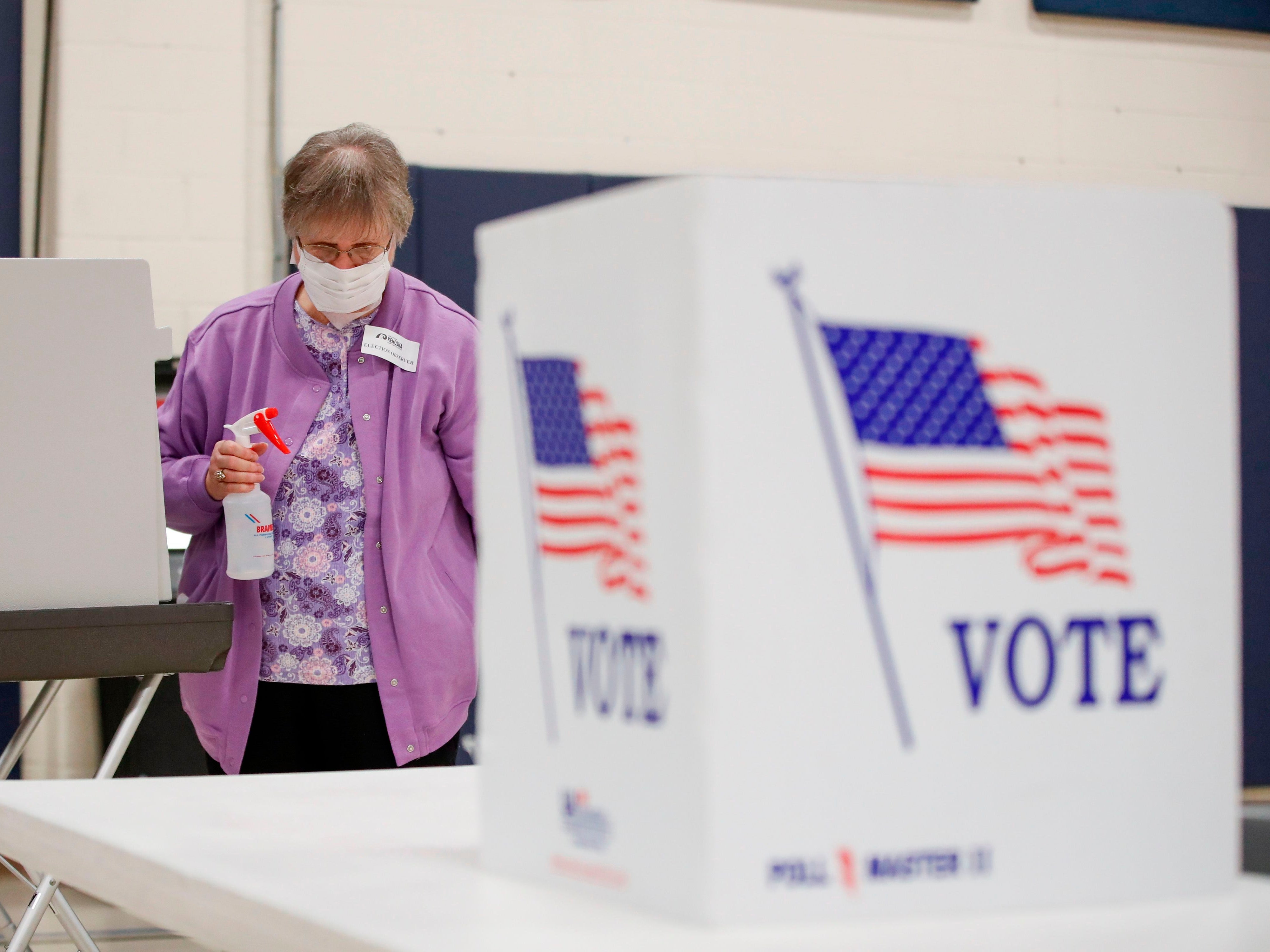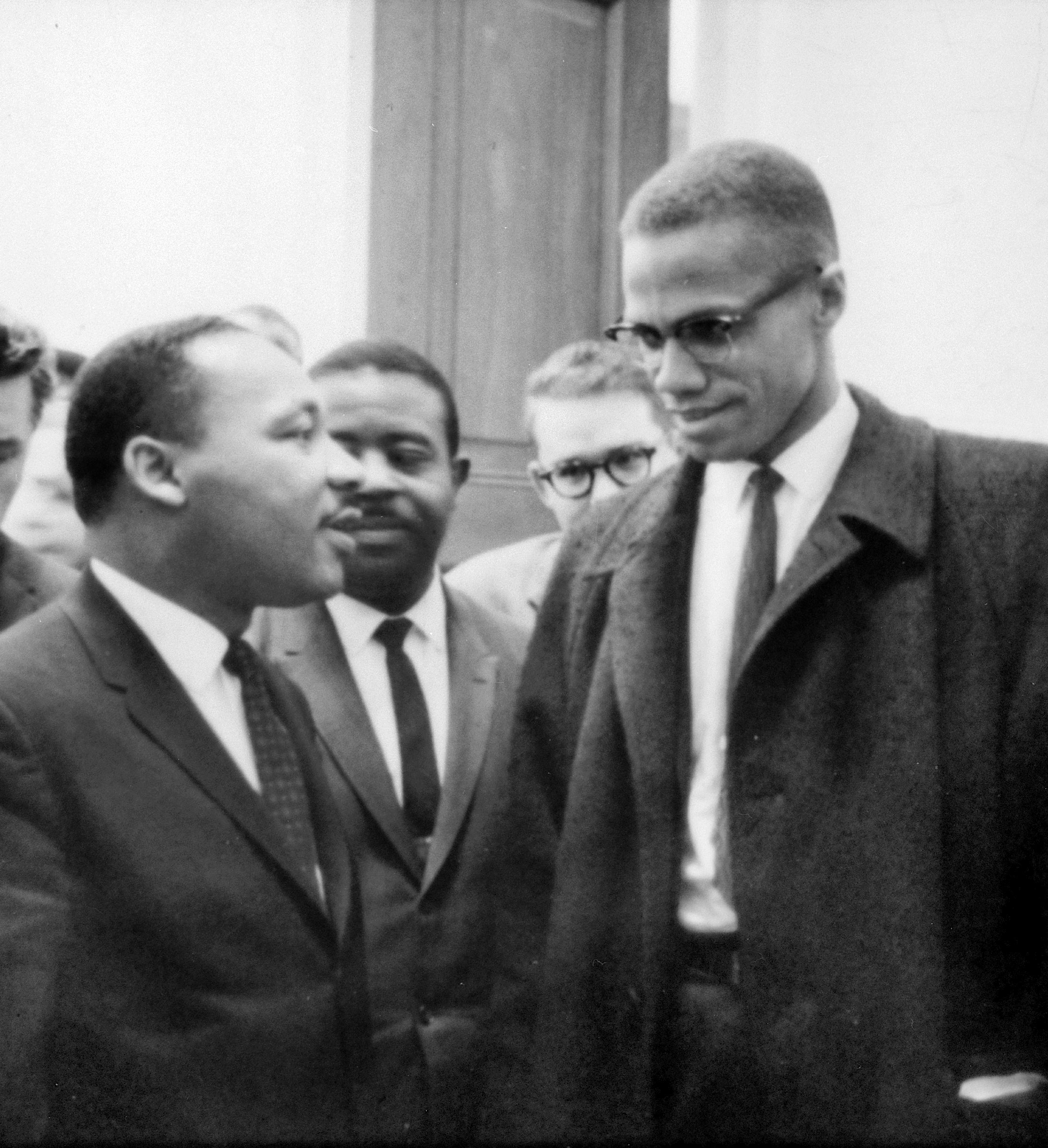Expanding voting rights can reduce violence, study claims
“In the current context of increasing discontent with democracy, understanding the voting-violence nexus is of extreme relevance,” said the study’s author

Expanding people’s voting rights can reduce political violence, according to a new study.
A researcher at Paris-Saclay University, France found that the extending voting rights can half instances of political violence and the likelihood of new waves of violence.
“In the current context of increasing discontent with democracy, understanding the voting-violence nexus is of extreme relevance,” said the study’s author, Jean Lacroix.
“Multiple countries still discriminate access to voting. Ending such policies could incentivize all citizens to engage more with voting and to rely less on violence as political action.”
For the study, Mr Lacroix researched the impact of the Voting Rights Act of 1965 after it was made into law in the US.
Throughout the 1960s, political violence swept across America with riots in cities including Birmingham, New York City and Los Angeles and several assassinations of prominent political figures such as Martin Luther King Jr. and Malcolm X.

The Voting Rights Act was signed into law on August 6, 1965, by President Lyndon Johnson. It outlawed discriminatory voting practices and is often considered one of the most far-reaching pieces of civil rights legislation in US history.
Mr Lacroix found that Voting Rights Act halved both the number of instances of actual political violence and the likelihood that new waves of political violence would break out.
He also found that that in counties covered by the Act, citizens voted to voice their political views whereas in other counties, citizens continued to use violence.
This resulted from a change in political strategies rather than changes in policies and the economic situation of citizens.
The study is titled ‘Ballots instead of bullets? The effect of the Voting Rights Act on political violence,’ is available to read in the Journal of the European Economic Association, published by Oxford University Press.



Join our commenting forum
Join thought-provoking conversations, follow other Independent readers and see their replies
Comments